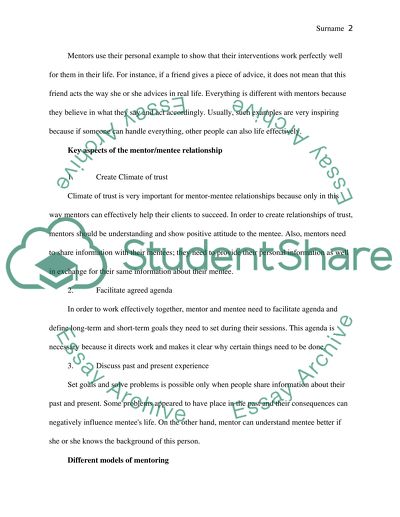Cite this document
(“Mentoring Assignment Example | Topics and Well Written Essays - 1000 words”, n.d.)
Mentoring Assignment Example | Topics and Well Written Essays - 1000 words. Retrieved from https://studentshare.org/human-resources/1672882-mentoring
Mentoring Assignment Example | Topics and Well Written Essays - 1000 words. Retrieved from https://studentshare.org/human-resources/1672882-mentoring
(Mentoring Assignment Example | Topics and Well Written Essays - 1000 Words)
Mentoring Assignment Example | Topics and Well Written Essays - 1000 Words. https://studentshare.org/human-resources/1672882-mentoring.
Mentoring Assignment Example | Topics and Well Written Essays - 1000 Words. https://studentshare.org/human-resources/1672882-mentoring.
“Mentoring Assignment Example | Topics and Well Written Essays - 1000 Words”, n.d. https://studentshare.org/human-resources/1672882-mentoring.


